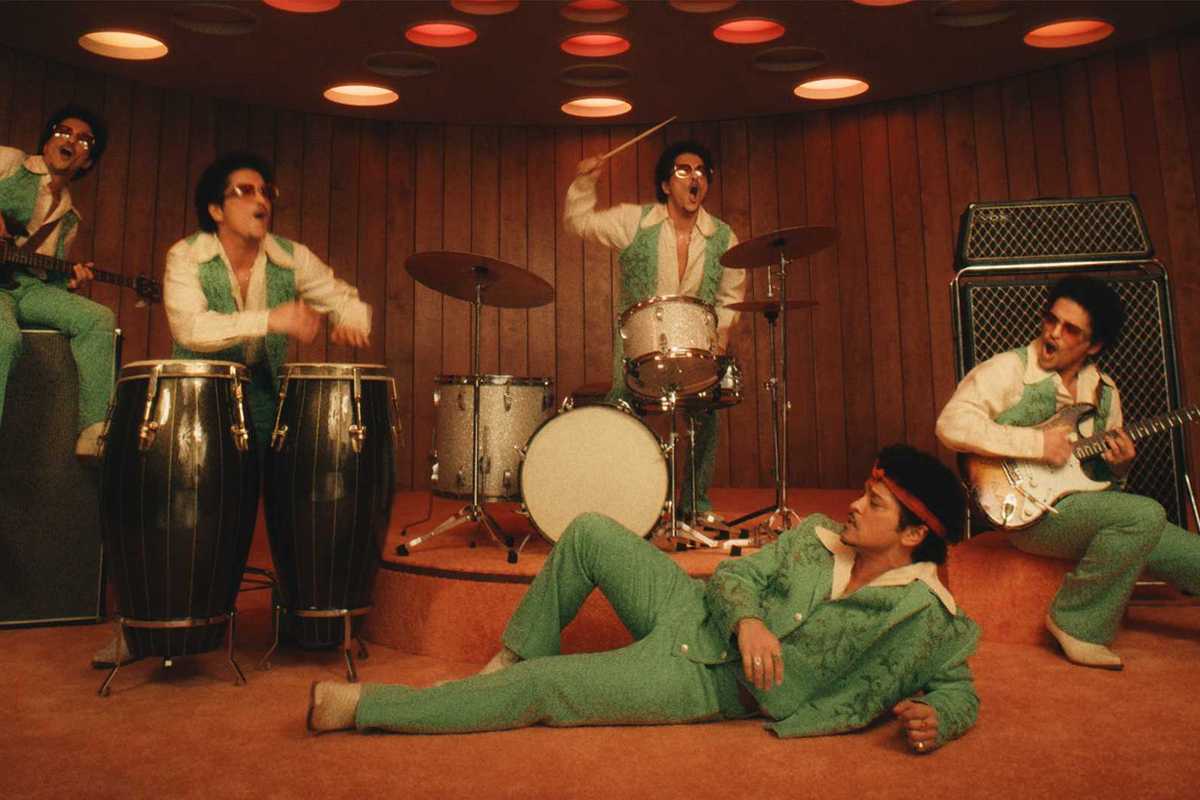Music Canada Hails Parliamentary Report on Copyright
The report’s recommendations include ending the general use of the Radio Royalty Exemption, and amending the definition of “sound recording” so that recordings used in television programs and films would be eligible for public performance royalties.

By FYI Staff
The Standing Committee on Canadian Heritage has just released a report on remuneration models for artists and creative industries as part of the government’s review of the Copyright Act. Entitled Shifting Paradigms, the committee’s findings, if approved by Parliament, will go a long way to further protecting creator rights and righting the financial imbalance wrought on them by digital technologies.
Music Canada has played a leading role, along with CIMA and other collectives, in pushing the legislative agenda toward closing the so-called ‘value gap’ that has plagued the creative communities in the past decade or so.
Based on testimony from dozens of creators and representatives from Canada’s creative industries as well as broadcasters, digital services, and other commercial users and distributors, the report enumerates numerous weaknesses in Canada’s Copyright Act, identifying elements which have failed to keep pace with technology and the digital marketplace for music.
Among its key recommendations, the report recommended addressing Canada’s broad safe harbour laws, eliminating or narrowing exemptions from the Act that prevent creators from being fairly compensated, combating modern forms of piracy (like stream ripping) and strengthening the enforcement of Canada’s copyright laws.
“I applaud the Members of the Committee for listening to the voices of artists and the businesses who support music and for taking these critical first steps toward addressing the Value Gap in Canada,” said Music Canada President and CEO Graham Henderson.
“The Committee’s report provides a series of thoughtful and concrete recommendations to address the underlying causes of the Value Gap. Many of the recommendations will significantly and immediately improve the lives of artists and our industry.”
The report’s recommendations on music specifically call for ending the Radio Royalty Exemption to only community and independent stations and amending the definition of “sound recording” in the Copyright Act so that recordings used in television programs and films would be eligible for public performance royalties.
The Radio Royalty Exemption releases radio stations from paying royalties to labels and performers from their first $1.25-million in annual ad revenue, save a nominal $100 fee. The commercial radio industry was granted the exemption in the late 1990s when the Copyright Act was amended to give eligible performers and makers of sound recordings the right to receive fair compensation for the public performance (or broadcast) of their works (commonly referred to as ‘neighbouring rights’). At the time, only composers and music publishers received such royalties for airplay and the public performance of their music in Canada. Removal of the exemption would add an estimated $8-million to in annual compensation to stakeholders in the Canadian music industry.
Miranda Mulholland, a professional musician, record label owner, and Chair of Music Canada’s Advisory Council, spoke to the Committee about how addressing the Radio Royalty Exemption and amending the definition of “sound recording” to end these subsidies paid by artists would make an immediate improvement in the livelihood of creators.
“The changes recommended by the Heritage Committee in this report are the first step in ensuring artists receive fair remuneration for their work,” said Mulholland. “The changes would end the unfair subsidies that artists have been paying large broadcasting corporations, and mean more creators can earn a sustainable living from their music. I thank the members of the Committee for hearing the concerns of artists, and making strong recommendations to close the Value Gap in Canada.”
“As a working musician, I am glad to see the Heritage Committee has given such careful consideration to improving the copyright framework supporting the music industry in Canada (and) go a long way in restoring the musician’s middle class,” said Eon Sinclair, entrepreneur, philanthropist and a founding member of Canadian band Bedouin Soundclash. Sinclair is also a member of the Music Canada Advisory Council.
“Today’s report moves Canada into a leadership role in the international effort to close the Value Gap and address the harm being done to creators everywhere by overly broad safe harbour laws,” added Henderson.
“For these recommendations to make an impact on the music community, they must become law,” continued Henderson. “Music Canada looks forward to working with the Government to reform the Copyright Act as soon as possible to reflect the Committee’s recommendations.”
The report can be downloaded in full here.
















